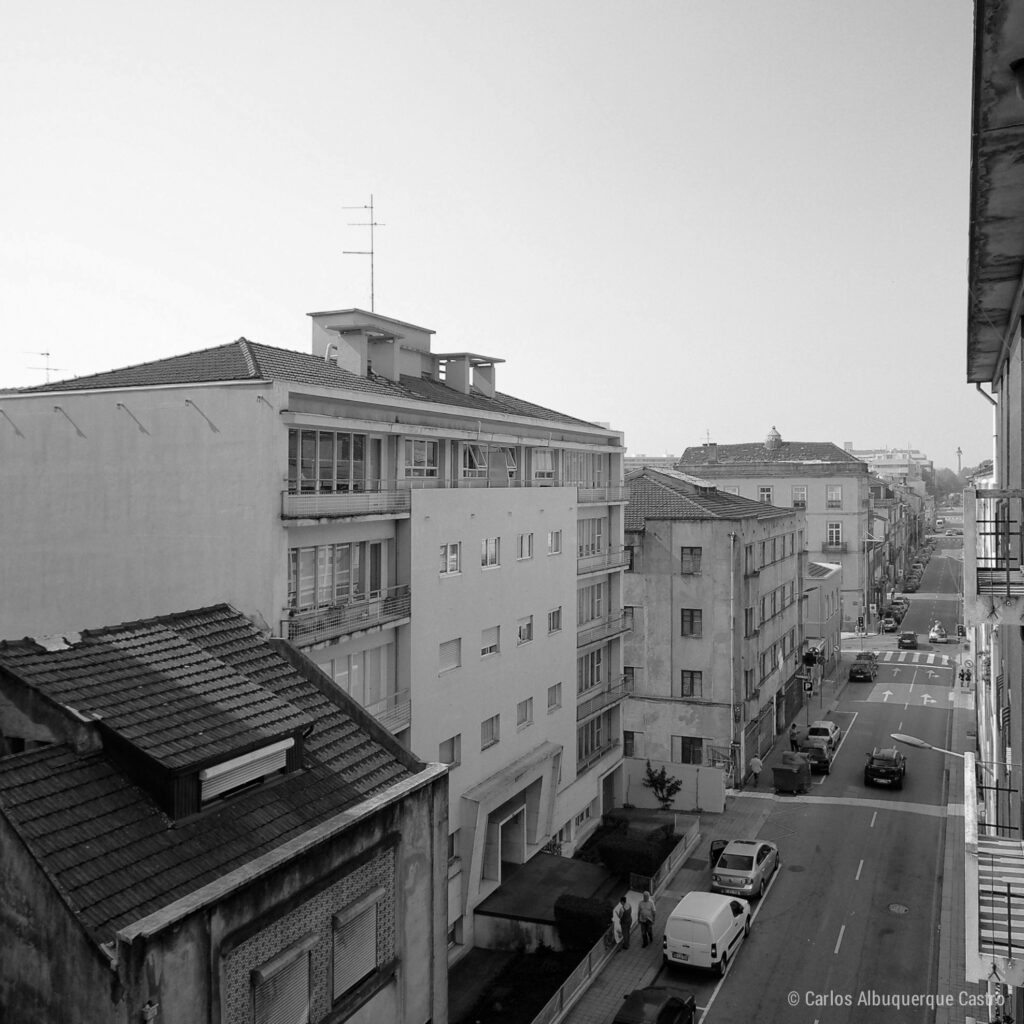Challenges in Modern Movement housing retrofit: design for ageing, well-being, energy efficiency and climate adaptation
Gisela Lameira1, Luciana Rocha2
Organization(s): 1: Faculty of Architecture. University of Porto, Portugal; 2: Faculty of Architecture. University of Porto, Portugal

Image Credits: Carlos Albuquerque Castro
Abstract:
The retrofitting of Modern Movement architecture is pressing, complex, and indissociable with cultural values. Nevertheless, innovative solutions and methods emerge as potential articulated responses to contemporary societal challenges: the ageing population, well-being, energy efficiency, and climate adaptation.
This session aims to disclose how the housing design solutions from this period can deal with the imperative to enhance spatial comfort and the drive to achieve net-zero emissions, accessibility, independent living, and environmental sustainability.
Both residential listed buildings, defined by their exceptional historical and architectural values or ordinary housing heritage comprised of everyday structures, have distinctive characteristics and tremendous potential for adapting spaces and improving interior qualities. Also, architectural devices such as access galleries and exterior extensions were widely used during this period and enhanced transformation and spatial qualification. Especially pertinent is the finding that original constructive systems and passive design strategies offer inspiring insights into solutions for current net-zero commitments. However, this patrimonial legacy also faces significant constraints related to reducing energy consumption in buildings or adapting spaces to inclusive design.
When confronting modern movement housing with the abovementioned societal urgency, inevitable questions arise: How can these buildings be adapted to current requirements without compromising their identity? Which spatial devices and design qualities can be reinterpreted in contemporary appropriations? How can modern heritage retrofits contribute to achieving net-zero targets, and what role does digital technology (e.g., digital twins, BIM models) play in optimizing these strategies? How can we accelerate refurbishment by developing typified solutions or implementing building renovation passports? Which tools or processes could support decision-making on intervention? How can interdisciplinary collaborations be fostered to create a comprehensive approach to buildings retrofits incorporating energy consumption goals, ageing, well-being, and innovative digital technologies?
This session welcomes research crossing diverse disciplinary areas and different methodological approaches, such as case studies with on-site surveys, assessments, diagnostics, decision-making support tools, or analysis and comparison of solutions.
Going beyond the traditional discussion panel format, we propose the production of a report/manifesto with contributions from all participants as a deliverable. This innovative format proposal aims to combine a call for papers, shortly presented at the event (7 minutes), with a roundtable discussion of the manifesto previously structured in a preparatory session between the chairs and speakers. The debate will thus allow for the integration of contributions from the audience, broadening the perspective on the topics and paving the ground for future networking.
Addressing current issues on the Modern Movement housing heritage legacy will enable confronting intervention actions in different contexts, gain awareness of good practices implementation, and tackle innovative solutions in the face of contemporary challenges.

